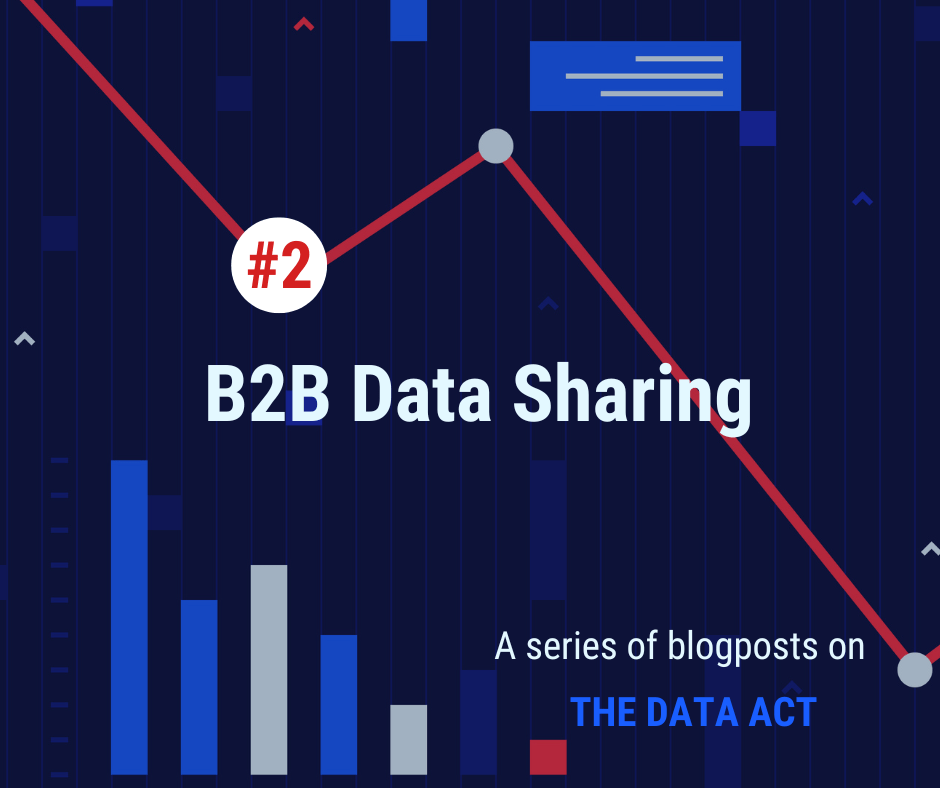B2B mandatory data sharing in the Data Act. Friend or foe?
We continue our series on the Data Act, this time we will deep-dive into Business-to-Business (B2B) data sharing, one of the key aspects regulated by the Data Act and a crucial one for startups.
One of the key goals of the regulation is to make non-personal/industrial data more widely shared between businesses, which is mainly achieved through mandatory data sharing obligations that affect B2B relations. This is positive for startups since it will allow them to access data related to their products or services that otherwise would have been difficult to access, e.g. when their products or services are hosted in or offered through the environment of bigger and established players. Having more data available means more business opportunities to create economic value and to better understand consumer needs.
Generally, B2B mandatory data sharing obligations are positive but we have some concerns about how certain obligations set by the Data Act could impact startups, who inherently have less resources than more established players.
How could this affect startups?
Startups have less access to resources than larger, more established players. This is why the obligation that the Data Act establishes for data holders to share data sets with third parties on demand and free of charge could be challenging for some startups, although it can also create new business opportunities and chances for them to enter new markets. Therefore, we believe that data sharing obligations should realistically take into account startups’ financial and technical abilities to share data.
How about investors and trade secrets?
Trade secrets are often at the heart of a business’s value proposition, this is especially true for startups. Therefore, mandating startups to share their data with third parties could deter investors as they won’t be able to keep exclusivity to their data.
Furthermore, Article 5.8 of the Data Act establishes that trade secrets shall only be disclosed to third parties when it is strictly necessary and while taking all the agreed measures to preserve the confidentiality of the trade secret. However, we are concerned about exactly what measures could be implemented by startups in practice to protect their trade secrets. In addition, we believe that it is key to clarify the mechanisms that startups could use to seek redress in case of potential misuse of shared data.
AFS welcomes the overall goal of the Data Act to increase the availability of data through mandatory data sharing obligations, as it allows new startups to emerge and creates new services and products around data generated by other businesses. Yet, we believe that the Data Act should consider the challenges in relation to costs and technical feasibility that mandatory data sharing obligations would have for startups. Moreover, we are of the opinion that the Data Act should be clearer on the mechanisms that startups could use to protect their trade secrets in case of misuse.

